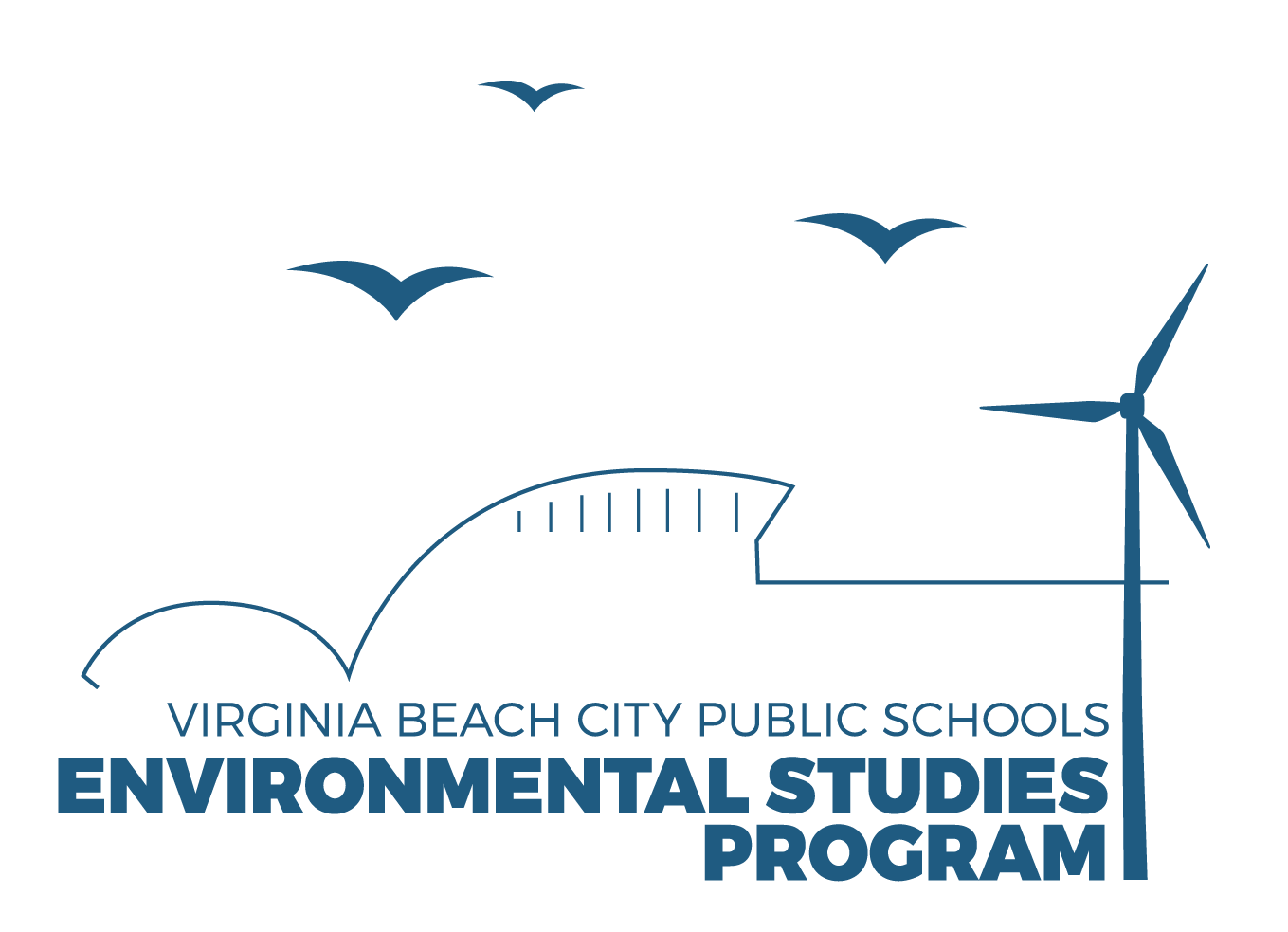
Christopher Freeman, Coordinator
The Environmental Studies Program, housed at the Chesapeake Bay Foundation’s Brock Environmental Center, offers a rigorous academic curriculum with environmental, social and business-themed concepts integrated into core courses as well as specialized elective course offerings and independent studies. Students explore three strands within the program of study: Sustainable Economics and Business Innovation, Social Sustainability, and Environmental Sustainability and Natural Resource Stewards. Through the senior internship and EcoSummit (senior project showcase) students use the strands as a lens through which to focus their work. Students participating in this program benefit from place-based education, with a dedicated classroom at the Brock Center so they can connect with experts in the field.
Students apply for this two-year program during their tenth-grade year, to attend for the eleventh and twelfth grade years. Within the program students are exposed to multiple pathways that will assist them in continuing their education or entering the workforce or military. The program includes:
- College-preparatory academic content
- Professional or technical strands
- Field-based learning opportunities
Students will take AP Environmental Science, Sustainability: Core Concepts and Environmental Systems, Watershed Hydrology, and Natural Resources Management during the eleventh-grade year. The twelfth-grade year will be comprised of the Topical Research course and Internship and EcoSummit.
Required Program Curriculum
ESP AP Environmental Science (SC4275)
One credit, one year, Grade 11
Prerequisite: Biology and/or Chemistry and one additional high school credit science
This college level course provides students with the scientific principles, concepts, and methodologies required to understand the interrelationships of the natural world. It is designed in accord with the requirements of the College Board. Students are expected to take the Advanced Placement examination in May. (1 credit)
ESP Sustainability: Core Concepts and Environmental Systems (SC4290)
One credit, one year, Grade 11
Co-requisite: ESP AP Environmental Science
This course will focus on the three interacting systems: Social, Economic and Environmental, which will introduce students to a wide variety of domestic and international environmental policy and sustainability issues. Students will explore how political processes, scientific evidence, ideas and values affect environmental policymaking. (1 credit)
ESP Watershed Hydrology (SC4285)
One-half credit, one semester, Grade 11
Students will study the interrelationships of the various phases in the water cycle, principles governing that cycle and the influence of human activity on natural circulation of water at or near the Earth’s surface. This course will survey the major topics of the water cycle, water use, management of water resources, water quality and lakes, rivers, streams, reservoirs, wetlands and groundwater as ecosystems. The main physical, chemical and biological processes in our local waters as well as human impact on inland waters will be discussed. (0.5 credit)
ESP Natural Resources Management (SC4280)
One-half credit, one semester, Grade 11
This course will expose students to sustainability and renewable resource management in the Hampton Roads Area. Students will evaluate sustainable practices and explore the dimensions of “sustainability” and “sustainable development.” (0.5 credit)
ESP Topical Research (SC4292)
One credit, one year, Grade 12
Co-requisite: ESP Internship and EcoSummit
Students will engage in their independent research project in conjunction with our community partners. Students will solve sustainability issues in our local community through the design thinking learning model: Discovery (I have a challenge, how do I approach it?); Interpretation (I learned something, how do I interpret it?); Ideation (I see an opportunity, how do I investigate it?); Experimentation (I have an approach, how do I put it into practice?); Evolution (I have results, how do I communicate and evolve it?). (1 credit)
ESP Internship and EcoSummit (SC4291)
Two credit, one year, Grade 12
Co-requisite: ESP Topical Research
Students will be provided with ongoing research support by the course instructor on the Senior Independent Study project and design of the investigation. (2 credits)
